4 Effective Ice Fishing Rigs to Catch More
Introduction
Ice fishing is a winter pastime that combines patience, skill, and the right equipment. One of the most critical aspects of ice fishing is using the appropriate rig for the type of fish you're targeting. If you're new to the world of ice fishing or looking to upgrade your gear, understanding ice fishing rigs is essential. These specialized setups are designed to work effectively through the thick ice, giving you the upper hand in landing that trophy catch even in frigid conditions. Let's dive into the fascinating realm of ice fishing rigs and explore their types, components, and tips for success.
What is an Ice Fishing Rig?
An ice fishing rig refers to the combination of rod, line, hooks, sinkers, and other accessories specifically configured for fishing through holes cut in the ice. Unlike traditional open-water fishing rigs, ice fishing rigs are adapted to operate in a confined space and withstand the cold environment.
4 Effective Ice Fishing Rigs
1. The Drop Shot Rig

Components:
Rod and Reel: A medium-light to medium power rod paired with a small spinning reel.
Line: Typically 2-8 lb test monofilament or fluorocarbon line.
Drop shot weight: A cone-shaped weight made of lead or another material, ranging from 1/8 oz to 1/2 oz or more.
Hook: A drop shot hook
Bait/Lure: Live bait such as minnows, worms, or small creature baits.
How to Setup:
Step1. Attach the drop shot hook to your line using a strong knot, such as the improved clinch knot.
Step2. Thread the line through the ring or swivel on the top of the drop shot weight.
Step3. Thread your chosen soft plastic bait onto the hook.
2. The Deadstick Rig
The deadstick rig is perfect for those who prefer a more relaxed approach to ice fishing. It’s especially useful for targeting larger fish like walleye or pike.
Components:
Rod and Reel: A medium to heavy rod with a spinning reel.
Line: Heavier test line, around 6-10 lb, depending on the targeted species.
Hook: A large hook, often combined with a live bait setup.
Sinker: A heavy sinker to keep the bait near the bottom.
Tip-Up (Optional): A mechanical device that holds the line and signals when a fish bites.
How to Setup:
Step1. Tie your hook to the end of the line and attach a heavy sinker about 12 inches above the hook.
Step2. If using a tip-up, secure it according to the manufacturer's instructions and position it near the hole.
Step3. Lower the rig into the hole until the sinker reaches the bottom. Wait patiently for the tip-up flag to signal a bite.
3. The Slip Float Rig

The slip float rig is ideal for targeting fish at specific depths. It's commonly used for crappies and other panfish.
Components:
Rod and Reel: A light rod with a small spinning reel.
Line: 2-4 lb test monofilament or fluorocarbon line.
Slip Float: A float that slides up and down the line, allowing you to set the desired fishing depth.
Hook: A small hook suitable for the target species.
Split Shot Sinkers: Small weights that can be pinched onto the line to adjust the depth.
Bait/Lure: Live bait or small artificial lures.
How to Setup:
Step1. Attach the slip float to the line, followed by the hook.
Step2. Pinch split shot sinkers above the hook to achieve the desired depth.
Step3. Lower the rig into the hole until the float stabilizes at the set depth. When the float moves or dives, wait a moment before setting the hook.
4. Tip-Up Rigs

Tip-ups are simple devices that alert you when a fish bites by tipping over or activating a flag. They consist of a reel attached to a frame that holds the line taut until a fish strikes.
Best For: Trolling for species like pike, walleye, and lake trout.
How to Setup:
Step1. Bait the hook.
Step2. set the tip-up over the hole.
Step3. wait for the flag to signal a bite.
Tips to Use Ice Fishing Rigs Effectively
- Know Your Target Species
Different fish prefer different types of bait and lures. Research the habits and preferences of your target species to choose the most effective rig.
- Adjust Your Depth
Fish are often found at specific depths depending on the time of year and water temperature. Use your knowledge or a depth finder to position your rig correctly.
- Stay Mobile
If you're not getting bites, move to a different spot. Fish can be fickle, and sometimes a change of location can make all the difference.
- Keep Your Line Tight
Ensure there's minimal slack in your line to feel the subtle bites more easily.
- Use Appropriate Gear
Match your rod, reel, and line to the size and strength of the fish you're targeting to avoid breakages and lost catches.
Conclusion
Ice fishing rigs open up a world of possibilities for anglers brave enough to venture onto frozen lakes and rivers. By familiarizing yourself with these effective ice fishing rigs and their applications, you'll be better equipped to tackle a variety of fishing conditions and increase your chances of success on the ice.

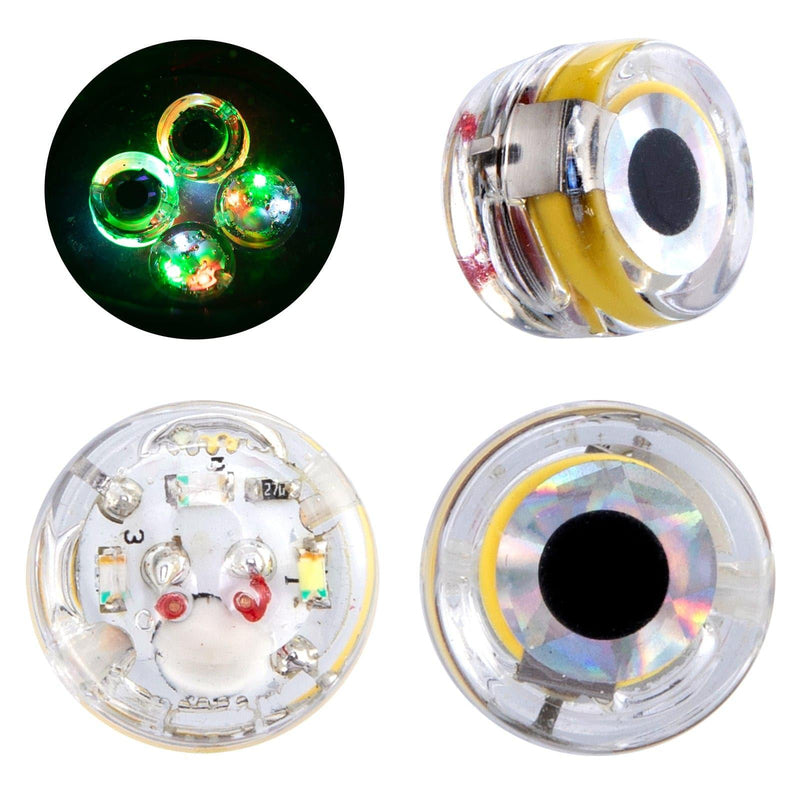
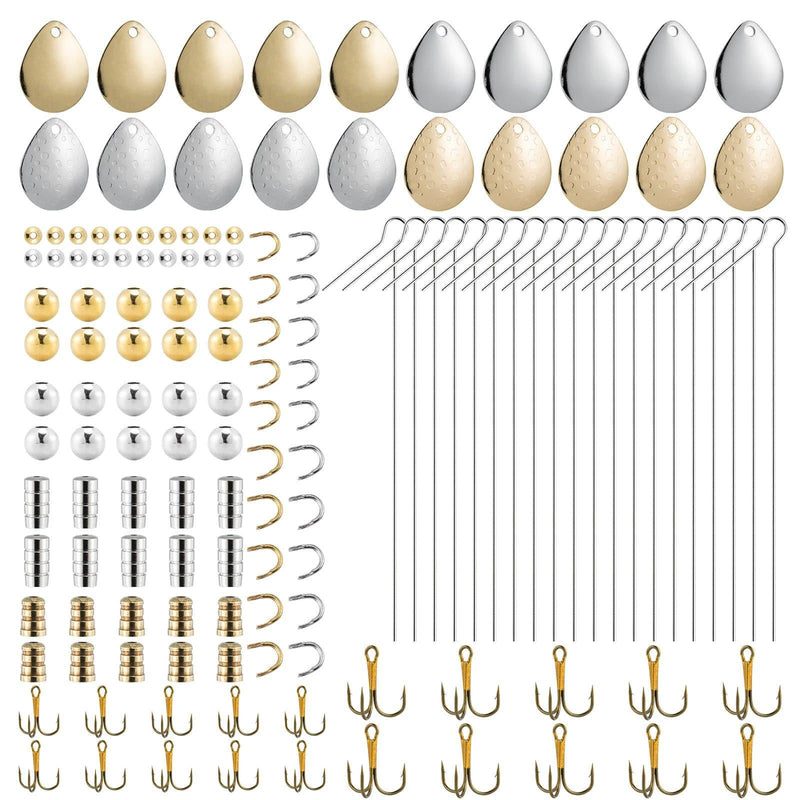
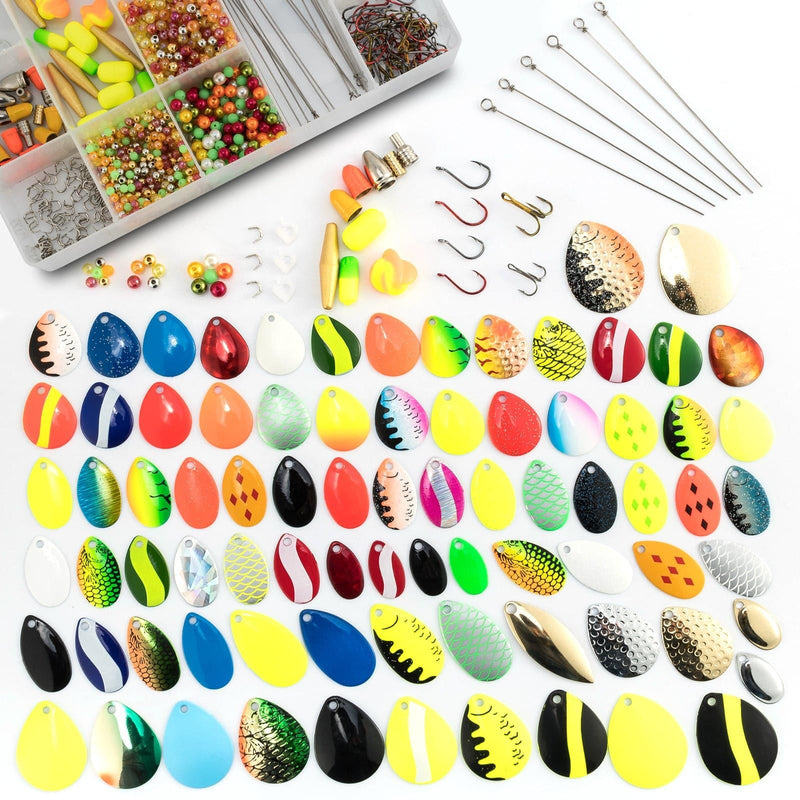
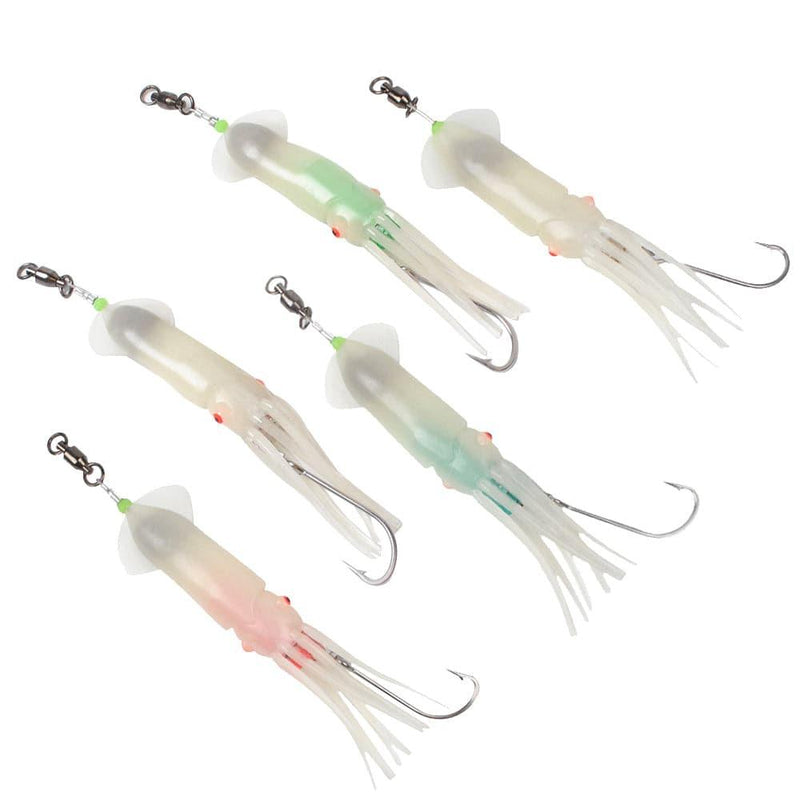
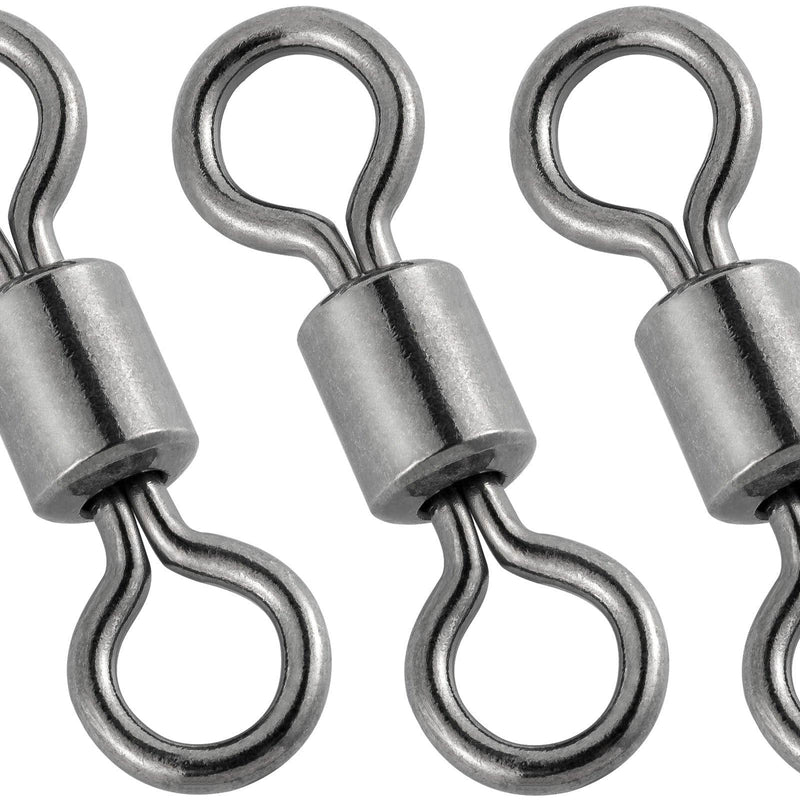
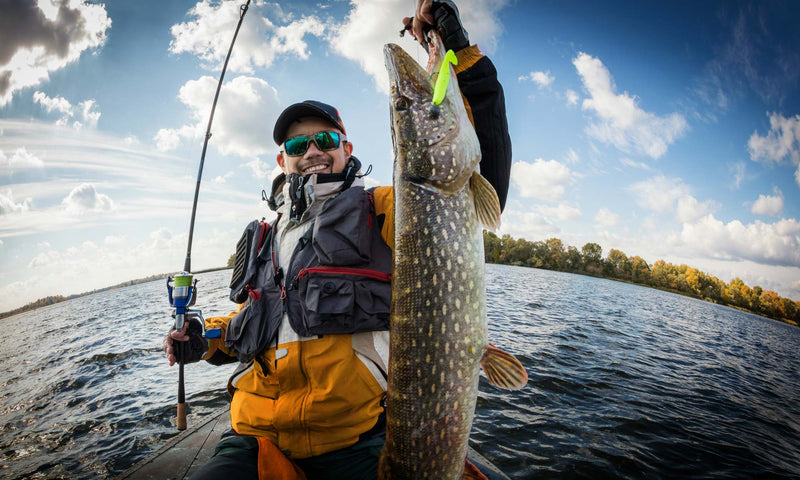
0 comments